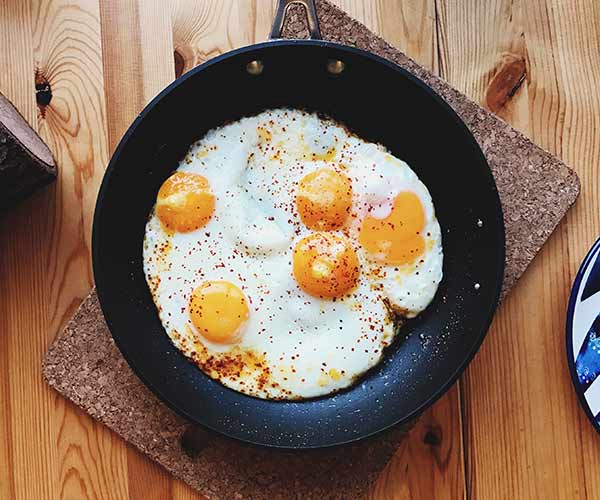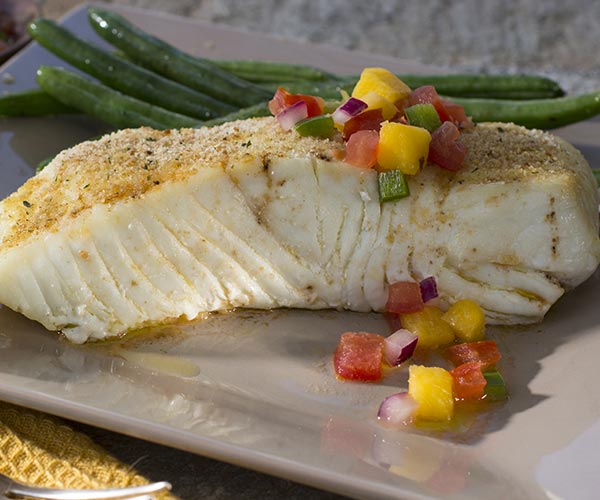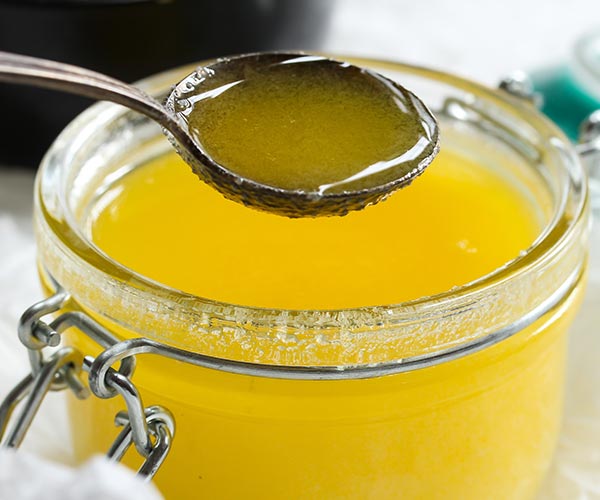This is an archived article and the information in the story may be outdated. Please check the time stamp on the story to see when it was updated last.
Diet fads come and go, but the Ketogenic diet is one weight loss and health plan that has an intriguing name, but is actually as simple as it gets.
The ketogenic or keto diet is a low-carb, high fat diet that focuses on natural foods that help produce ketones in the liver that can be used as energy. Instead of producing an abundance of glucose and insulin, which is what happens when you eat carbs, these four ketogenic foods that you can eat to reduce inflammation force your body into a state called ketosis where it uses ketones to burn fat and increase energy.
Fruits are not a part of the keto diet, which a few exceptions, including avocados. The high amounts of good, monounsaturated fats in avocados, coupled with its low carb count and various nutrients like vitamin E, make it an ideal food choice.
Photos: Shutterstock

Eggs
With just 0.6 carbs per serving and protein, monounsaturated fat, selenium, and vitamin B12, eggs are a food that form the basis for several keto-approved recipes. Organic, grass-fed eggs are best and are a rich source of carotenoids, choline, and lutein, which boast anti-inflammatory properties.

Fish
Fatty fish like salmon and sardines are always best because they contain a wealth of omega-3 and 6 fatty acids, but all fish are an important component of the ketogenic diet. Omega-3 fatty acids, in particular, are linked to a reduction in inflammation and the prevention of heart disease.

Ghee
The ketogenic diet focuses on fat, so when it’s time to choose a cooking oil or agent, ghee often comes out on top. Not only does ghee have a high monsaturated fat content and virtually zero carbs, it has more butyrate than butter, which is a ketogenic acid associated with a healthier gut lining and faster metabolism.


























